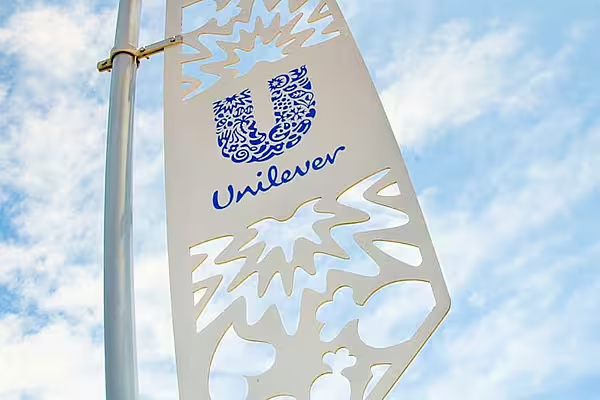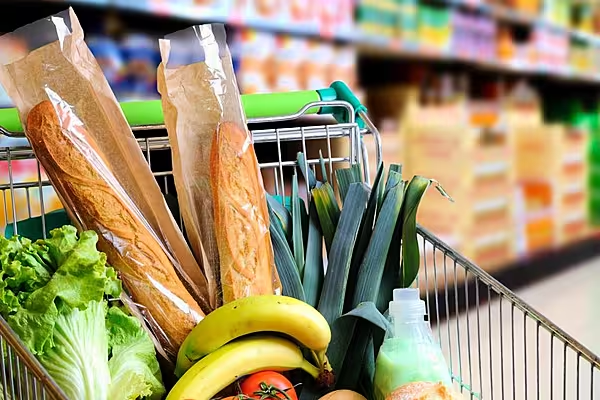Unilever has called for the consumer goods industry to step up its efforts to tackle the growing challenge of plastic waste in the oceans and to create a circular economy for plastics. Unilever CEO Paul Polman welcomed the news that 10 more major companies have made commitments to work towards using 100% reusable, recyclable or compostable packaging by 2025 or sooner. The list, included Amcor, Ecover, Evian, L’Oréal, Mars, M&S, PepsiCo, The Coca-Cola Company, Walmart, and Werner & Mertz, which together with Unilever represent more than 6 million tonnes of plastic packaging per year.
Europe is approaching the next stop in its global market-opening drive aimed at challenging U.S. President Donald Trump’s protectionist tilt. Top officials from the EU will meet with the Mercosur group of Argentina, Brazil, Paraguay and Uruguay today in Brussels to gauge the prospects for a free-trade deal that would follow groundbreaking commercial pacts with Japan and Canada.
Almost one third (31%) of UK consumers would eat out more often if healthy options were readily available, according to new research by the grocery research organisation IGD. 'Eating out' and 'eating well' are both rising trends among consumers, with over two thirds (67%) eating out at least once a week, and 34% claiming to do so a couple of times a week, according to IGD. The organisation said that restaurants, cafés and food-to-go businesses should harvest the benefits of both trends by making it easier for customers to choose healthy options while eating out.
Dealz and Poundland parent company Steinhoff International said it has secured enough money to keep its businesses running in the immediate term and can now start talks with a broader group of creditors. The troubled South African retail group has arranged new credit lines for units in the UK, US and France, as well as agreeing a restructuring of its Austrian division, it said in a presentation published on its website.
Europe's new policy on plastic waste has been labelled as 'irresponsible', with 'fundamental errors', by the Oxo-Biodegradable Plastics Association (OPA). The association says that the new plastics strategy shows a 'fundamental misunderstanding' of the principles of oxo-biodegradation, and ignores the benefits that it has in comparison with conventional plastics or expensive plant-based alternatives. Oxo-biodegradable plastic is ordinary plastic that has been upgraded so that it will decompose quicker.
© 2018 - Checkout Magazine by Kevin Duggan









